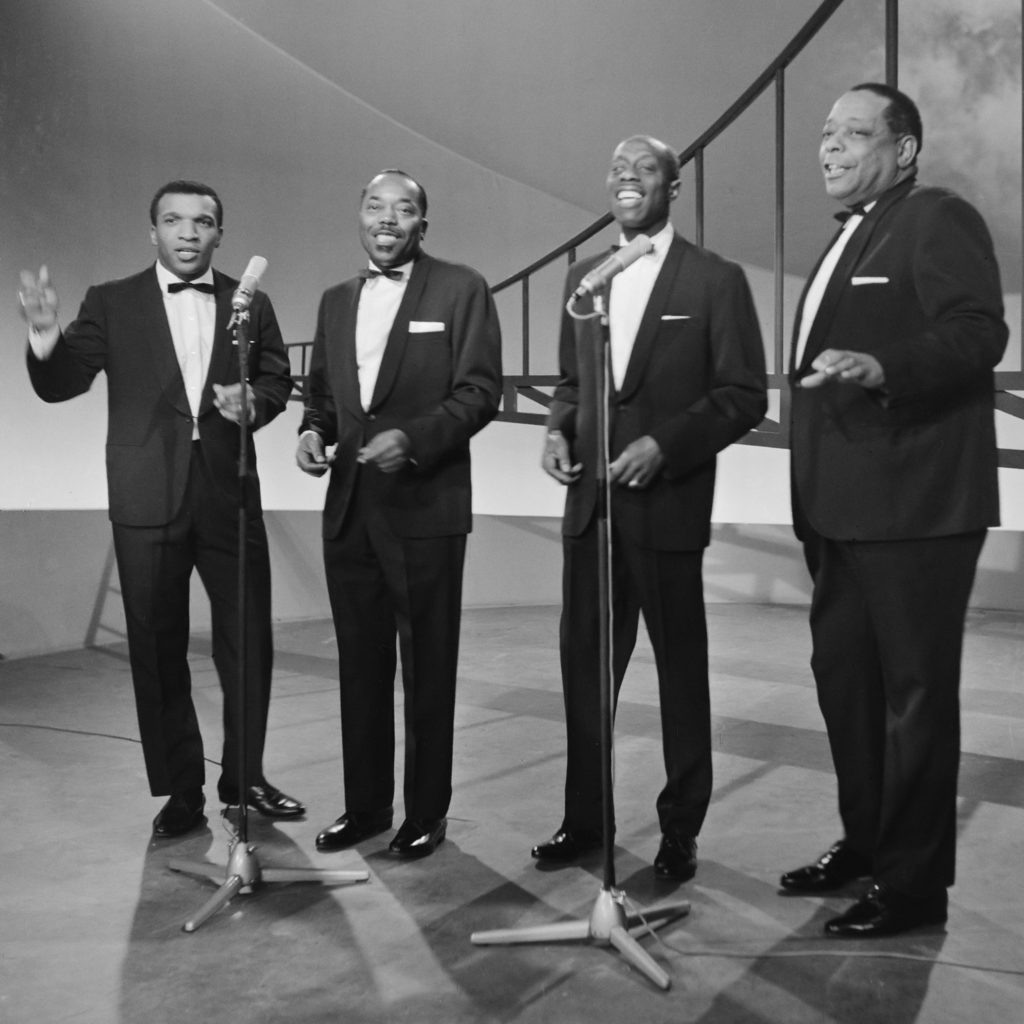Who Was The Golden Gate Quartet?
The Golden Gate Quartet, an acapella jubilee quartet formed in 1934, broke racial barriers during a time where African Americans were not often seen in the media in a positive light. The members of this quartet composed of: Willie Johnson as a baritone, William Langford as a tenor, Henry Owens as a second tenor, and Orlandus Wilson as a bass. In the early stages of their musical career, they performed as a traditional jubilee quartet, which included combining various arrangements inspired by barbershop quartets with blues-like rhythm and often included jazz scat singing. This group created incredible music using the jubilee style and inspired many groups to follow in their footsteps; they were also inducted into the Vocal Group Hall of Fame in 1998.

Stalin Wasn't Stallin'
In 1943, the group created a song titled, “Stalin Wasn’t Stallin,’” which captured the essence of World War II and the relationship between Joseph Stalin and Adolf Hitler, and Stalin’s victorious ending to the war. During the second World War, there was allyship between the Soviet Union and the United States against Germany. The song created by the Golden Gate Quartet celebrated the efforts of Joseph Stalin after defeating Germany in World War II.
President Franklin D. Roosevelt stated:
“The world has never seen greater devotion, determination, and self sacrifice, that have been displayed by the Russian people and their armies under the leadership of Marshall Joseph Stalin.”



